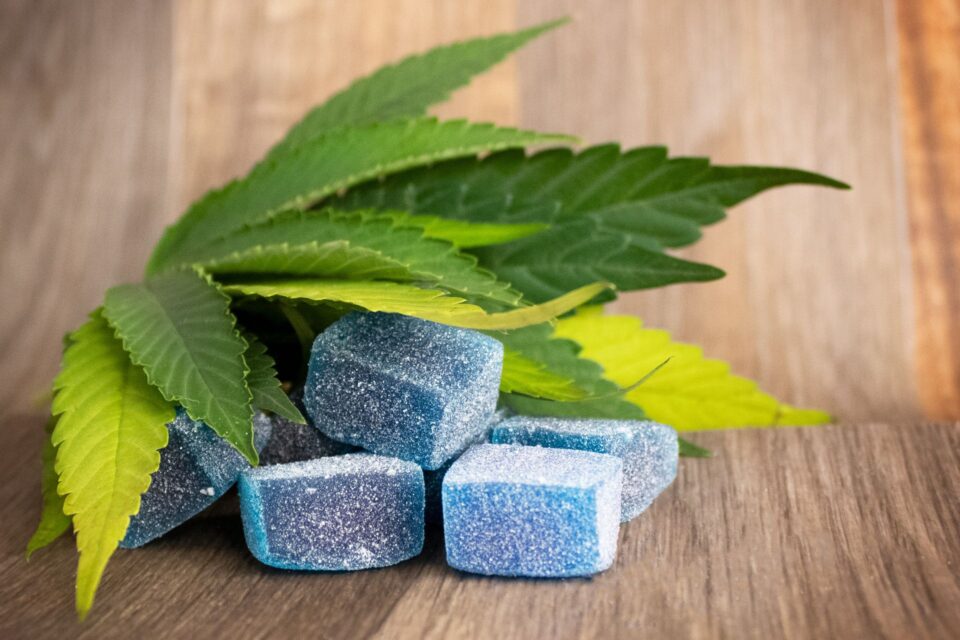When searching for the best thc gummies, many people encounter products labeled as either Delta-9 THC or Delta-8 THC and wonder about the differences between these similar-sounding compounds. These distinct cannabinoids share structural similarities but offer different experiences and potential applications. By understanding these differences, consumers can make informed choices.
Chemical structure and origins
- Delta-9 THC (delta-9-tetrahydrocannabinol) represents the primary psychoactive compound naturally abundant in cannabis plants. This compound has been extensively studied for decades and creates the traditional effects most people associate with cannabis consumption. Most cannabis strains contain significant Delta-9 THC concentrations, making them readily available for extraction and product manufacturing.
- Delta-8 THC (delta-8-tetrahydrocannabinol) shares a nearly identical molecular structure with Delta-9, differing only in placing a single double bond between carbon atoms. The slight structural variation creates significant differences in how the compound interacts with the body. The presence of delta-8 in cannabis plants is minimal, typically less than 1%. Manufacturers usually create Delta-8 through a chemical conversion from CBD extracted from hemp plants for commercial products.
Effect profiles and experiences
- The effect profile represents perhaps the most significant practical difference between these compounds. Delta-9 THC produces more potent psychoactive effects, creating the characteristic “high” associated with cannabis. Users typically report more potent euphoria, potential anxiety, enhanced sensory perception, and significant cognitive impact. These experiences can range from pleasant to overwhelming depending on dosage, individual sensitivity, and consumption context.
- Delta-8 THC generally creates milder psychoactive effects that many users describe as clearer and less intense. The experience typically includes moderate relaxation, mild euphoria, and less cognitive impairment than Delta-9 products. Delta-8 may be more accessible for those sensitive to the more potent effects of traditional THC. The overall experience has been described as a middle ground between CBD and Delta-9 THC.
Potential benefits and applications
Each compound offers potential benefits that make it more suitable for specific applications. It has been extensively researched for pain management, appetite stimulation, nausea reduction (especially for chemotherapy patients), and sleep support. Its more substantial effects may benefit those with severe symptoms requiring more potent relief.
Delta-8 THC has undergone less formal research, but reports suggest it may have reduced side effects. Many users report using Delta-8 products for mild anxiety relief, moderate pain management, appetite regulation, and relaxation without significant impairment. Some medical cannabis patients who find Delta-9 too intense have reported success with Delta-8 as an alternative that allows them to function more generally while still receiving therapeutic benefits.
When deciding between Delta-8 and Delta-9 gummies, several factors merit consideration:
- Desired effects should guide product selection, with Delta-9 offering more substantial experiences while Delta-8 provides milder, more functional effects.
- Personal sensitivity to THC significantly influences which product might create a more positive experience.
- Legal status in your specific location determines which products are accessible without legal concerns.
Regardless of which variety you choose, starting with low doses and carefully observing effects helps identify optimal personal dosages. Both compounds can produce significantly stronger effects in edible form than inhalation due to metabolic differences in how the body processes them.

